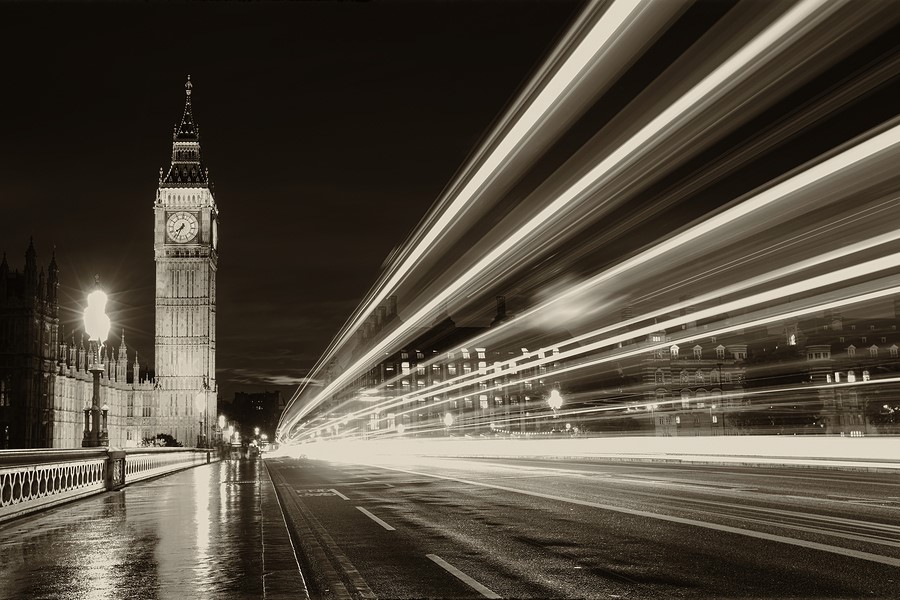
You’re driving along, happily minding your business, when behind you see the thing we dread the most, a set of flashing police lights. This would ring alarm bells for most people straight away, but what of those who have just left the pub after a drink, or those that had a few drinks late last night and are now being stopped first thing in the morning?
Indeed, drink driving is as prevalent the morning after as it is on the actual night. What we look at here is your rights as a UK driver and the police procedures involved in stopping and undertaking breath tests on drivers. While the expertise of a specialist drink driving solicitor remains essential, the importance of knowing what and what not to do, and the consequences of any decisions that you may make at the time, cannot be overstated.
Breath Tests
The police procedure for breath tests is very stringent. This is not to protect drink drivers, but to ensure that things are carried out in a proper manner, and that any convictions that result are based on solid foundations. UK drink driving laws carry harsh penalties, it is only right therefore that the procedures to obtain a conviction are properly and thoroughly observed.
The police can stop any car at random, however they cannot undertake breath tests at random. In order to perform a breath test the police officer must reasonably suspect that the driver has drunk alcohol. By not stopping when indicated to by the police, the driver is committing an offence.
A breath test can also be carried out if the driver has committed any offence, or has been involved in a road traffic accident – often following an accident drivers are breathalysed as a matter of course.
The police may reasonably suspect that alcohol has been consumed if they can smell it, see that the driver’s senses are affected or that their reactions are dulled or if they have been notified of their consumption.
Once suspected a preliminary breath test can be administered. If passed, the driver is often left to drive on, but if failed, the driver can be arrested. No conviction is based on the preliminary finding; once the roadside test is failed the driver is taken to a police station where a second and more detailed test is administered. Two readings are taken and the lowest is used as evidence in any prosecution.
Cannot Be Tested
Refusal to give a breath sample can lead to a conviction itself with a penalty of up to 6 months in prison and unlimited fine and a 12-month prison sentence, however if you are not medically capable of giving a sample at the roadside, then you may be taken to the station for a blood or urine test.
Once the station tests are taken, you will either be charged with an offence, to be contested or heard at a future court date, or let go without charge. If you are charged, then it we highly recommend that you contact DFR Solicitors’ specialist drink driving solicitors to minimise the damage that a drink driving conviction could do to your personal and professional life.
